Attorneys' declarations: what does the changing position of the NAPC indicate?
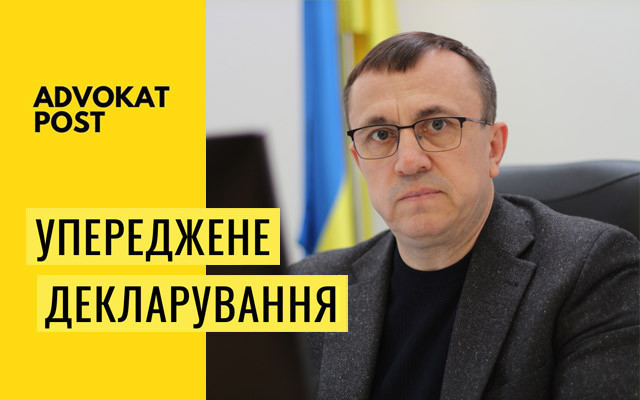
When the Constitutional Court began to consider the case on the submission of declarations by representatives of the bar's disciplinary bodies, the National Agency for the Prevention of Corruption declared a constitutional crisis and threats to the entire declaration system. But earlier, officials had a completely different opinion on this issue.
Serhiy Vilkov, the Head of the High Qualification and Disciplinary Commission of the Bar, drew attention to this in an interview with AdvokatPost.
As a reminder, we are referring to the updated 2019 version of subparagraph «c» of paragraph 2 of part 1 of Article 3 of the Law «On Prevention of Corruption», according to which representatives of public associations, scientific institutions, educational institutions, experts with relevant qualifications, and other persons who are members of competition and disciplinary commissions established in accordance with the Law on Civil Service, the Law on Service in Local Self-Government Bodies, and other laws were equated with persons authorized to perform state or local government functions.
Interpreting this provision in such a way that the members of the QDCB became subjects of declaration, the NAPC started sending notifications to lawyers about the fact of failure to submit a declaration and the obligation to submit it. Oksana Bukhtoyarova, a member of the QDCB in Zakarpattya region, appealed one of these notifications to the court. Since the Supreme Court eventually removed itself from the issue of whether lawyers are subject to declaration, she filed a constitutional complaint.
When updating the Knowledge Base in November last year, the NAPC explicitly named members of the HQDCB and the State Enterprise QDCB as subjects of declaration (see paragraph 44-1 of the clarifications).
S. Vilkov noted that the National Agency for the Prevention of Corruption had previously given the opposite explanation under the same wording of Article 3 of the Law «On Prevention of Corruption». «Earlier, the agency recognized that the bar is an independent civil society institution whose activities are not related to the performance of state or local government functions. State authorities cannot interfere in its work, - reads the explanation provided at the request of the Ukrainian National Bar Association. - And filing a declaration is a form of state control over the integrity of persons performing state or local government functions. Therefore, imposing a declaration obligation on a person who is not authorized to perform such functions may be considered as interference with the private and family life of that person», the Head of the HQDCB stated the initial position of the agency.
When asked by a journalist how to determine the correct interpretation of a disputed provision, S. Vilkov replied that the law should always be followed, citing the provisions of Part 2 of Article 2 of the Law «On Prevention of Corruption»: «if the provisions of this Law or other legislative acts in the field of corruption prevention allow for ambiguous (multiple) interpretation of the rules on the rights and obligations of persons covered by this Law, the most favorable interpretation of the rule for such persons shall be applied».
During the interview, he also noted that multiple interpretations of a disputed provision directly contradict the principle of legal certainty, which is a component of the rule of law.
The full text of the interview with S. Vilkov, the Head of the HQDCB, is available at the link.
Popular news
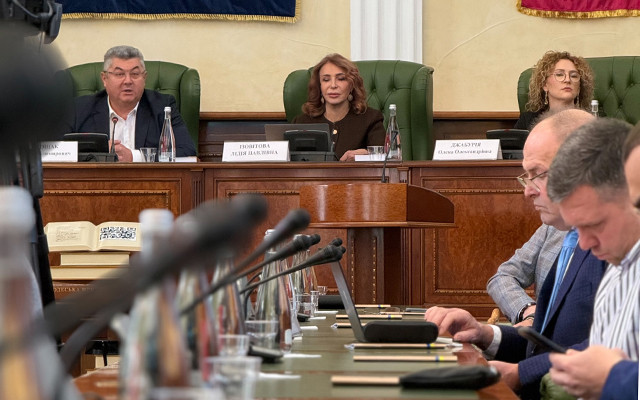
Guarantees of the practice of law
L. Izovitova: today advocacy maintains its independence and fights for guarantees for the profession
The Ukrainian advocacy remains an independent, constitutionally recognized institution of justice, which, in the conditions of war, has not only retained its subjectivity, but also consistently fights for guarantees to protect the profession.
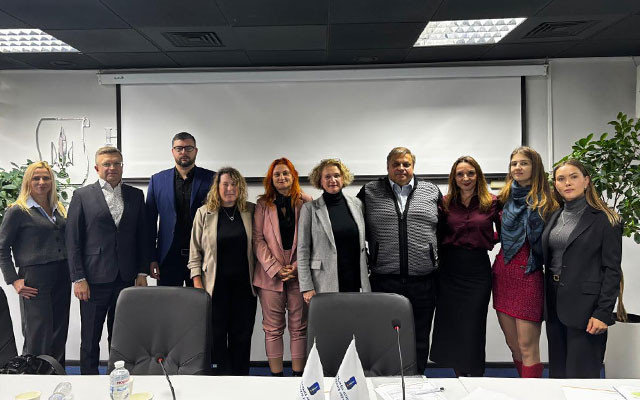
Discussion
Urban Planning Code: what should the new rules for rebuilding Ukraine be?
Does Ukraine need separate codification in the field of urban planning, which model of law to choose, and how to ensure a balance between the interests of the state, communities, businesses, and citizens in the context of post-war reconstruction?
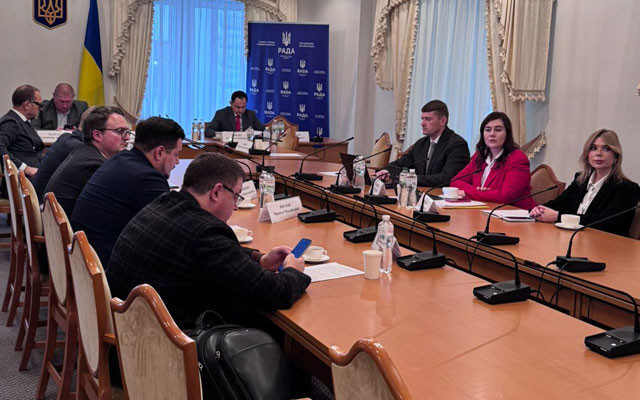
Guarantees of the practice of law
The Verkhovna Rada took another step towards ratifying the Convention on the protection of the profession of advocate
On November 5, the Verkhovna Rada held a working meeting dedicated to the translation of the Council of Europe Convention on the protection of the profession of advocate for its subsequent signing and ratification. The issue was initiated by the Ministry of Foreign Affairs, which drew attention to the key term «lawyer» in the international treaty.
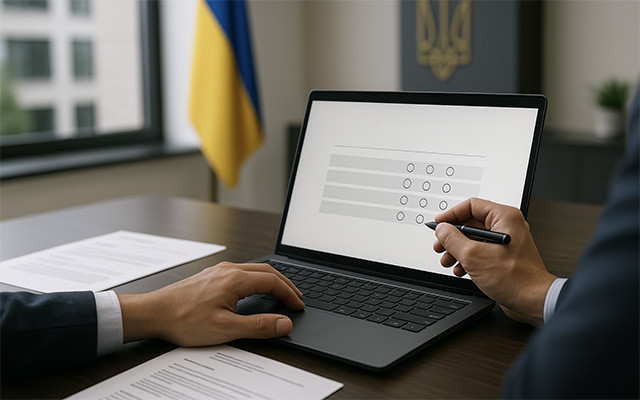
Interaction
NACB is looking for corruption risks in its activities. Advocates are asked to help
The National Anti-Corruption Bureau of Ukraine has launched a survey aimed at gathering information to identify corruption risks in the activities of the National Bureau and prepare an Anti-Corruption Program for 2026–2028.
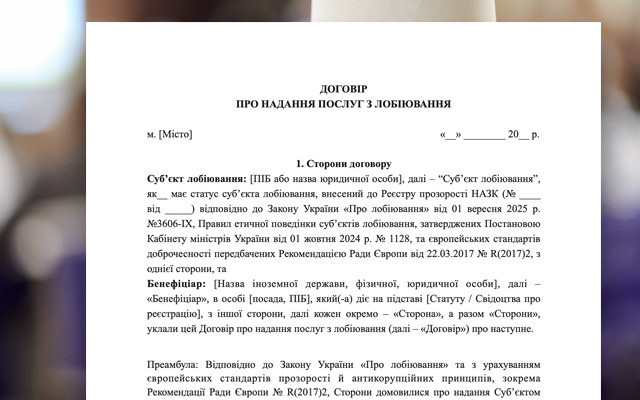
Interaction
Agreement on the provision of lobbying services: a template for advocates has been developed by the UNBA
The Ukrainian National Bar Association has prepared a model agreement for the provision of lobbying services that complies with the requirements of the relevant law and takes into account the specific features of such activities carried out by persons providing legal assistance.
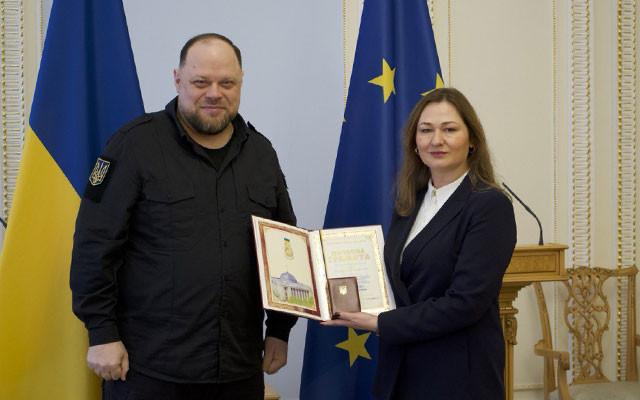
Greetings
Nana Bakayanova awarded with the Certificate of honor of the Verkhovna Rada of Ukraine
Nana Bakayanova, head of the Department of judicial, law enforcement and advocacy organizations at the Odessa Law Academy and secretary of the disciplinary chamber of the Odessa Region Qualification and Disciplinary Commission, received a Certificate of honor from the Verkhovna Rada of Ukraine.
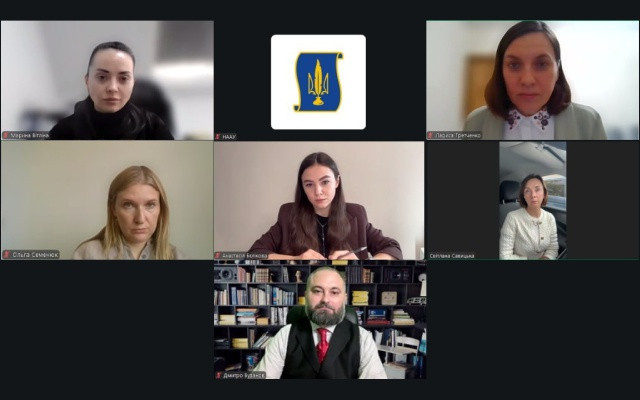
Discussion
Law and feelings: advocates explore contemporary challenges in family law
Marriage and divorce are not only legal procedures, but also social phenomena that require a responsible approach. The UNBA Committee on family law organized and held a professional discussion on the topic «Conscious» marriage and «prudent» divorce: challenges, risks, consequences».

Practice of law
BCU strengthens its position on the right of advocate to prioritize cases
In legal practice, it is not uncommon for court hearings in different cases to be scheduled at the same time. This raises the question: which case should the advocate attend first, and can the court interfere with this decision?
Publications

Censor.net Protecting advocates – protecting justice: addressing concerns about the new law

Ihor Kolesnykov A BRIEF SUMMARY REGARDING THE APPLICATION OF THE ORDER ON EXTENDED CONFISCATION IN LATVIA REGARDING FINANCIAL ASSETS OF…

Valentyn Gvozdiy WORKING IN A WAR ZONE

Lydia Izovitova Formula of perfection

Sergiy Vylkov Our judicial system is so built that courts do not trust advocates

Iryna Vasylyk Advocacy in the proclamation of Independence of Ukraine

Oleksandr DULSKY When we cross the border of the Supreme Anti-Corruption Court, we get into another department of the National Anti-Corruption…

Vadym Krasnyk The UNBA will work, and all obstacles and restrictions are only temporary inconveniences
